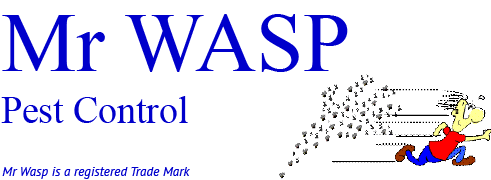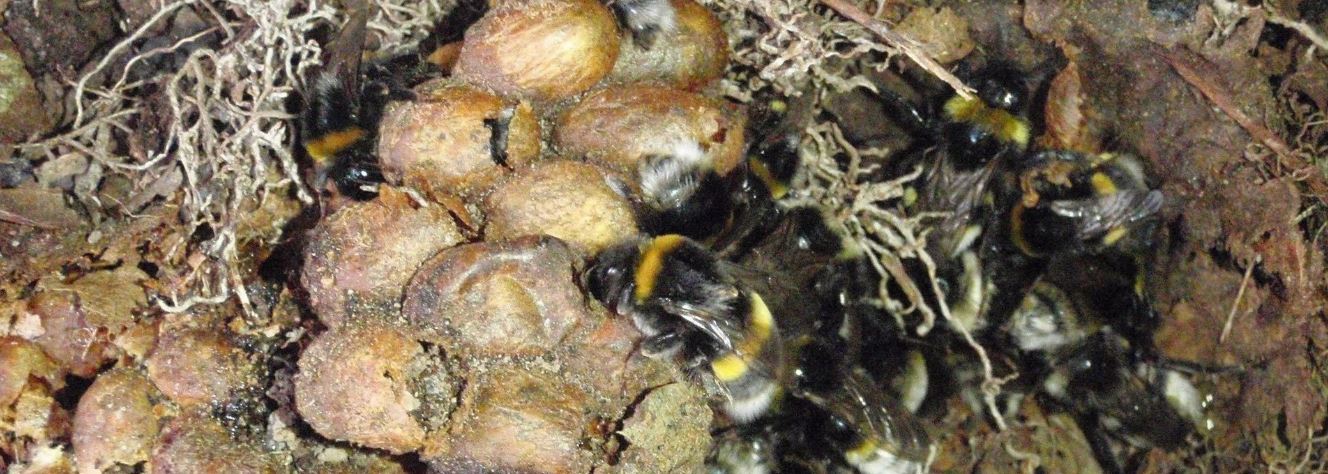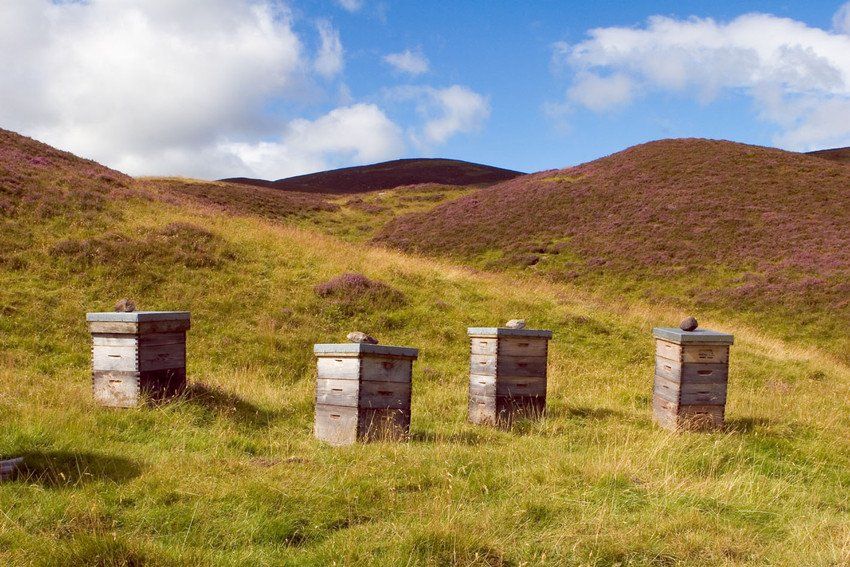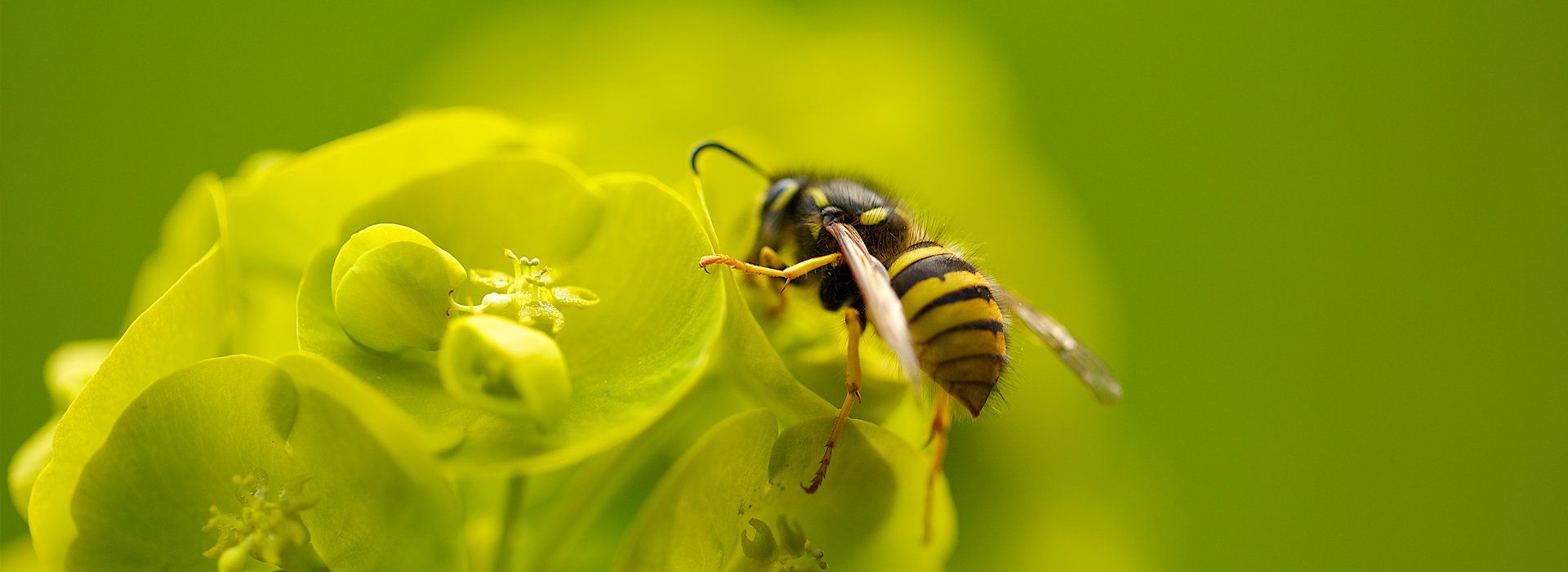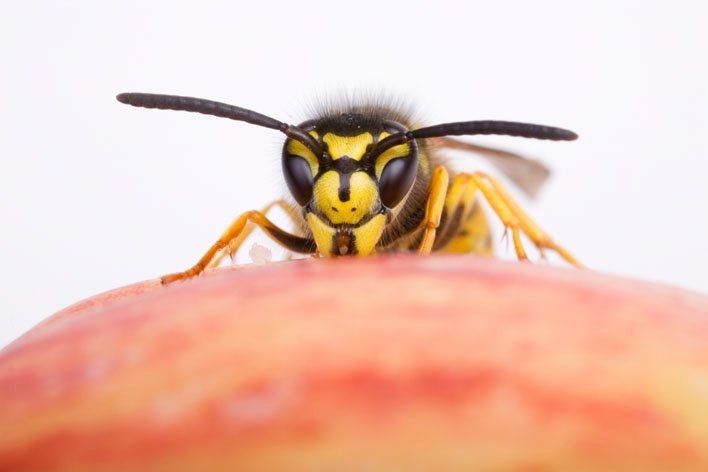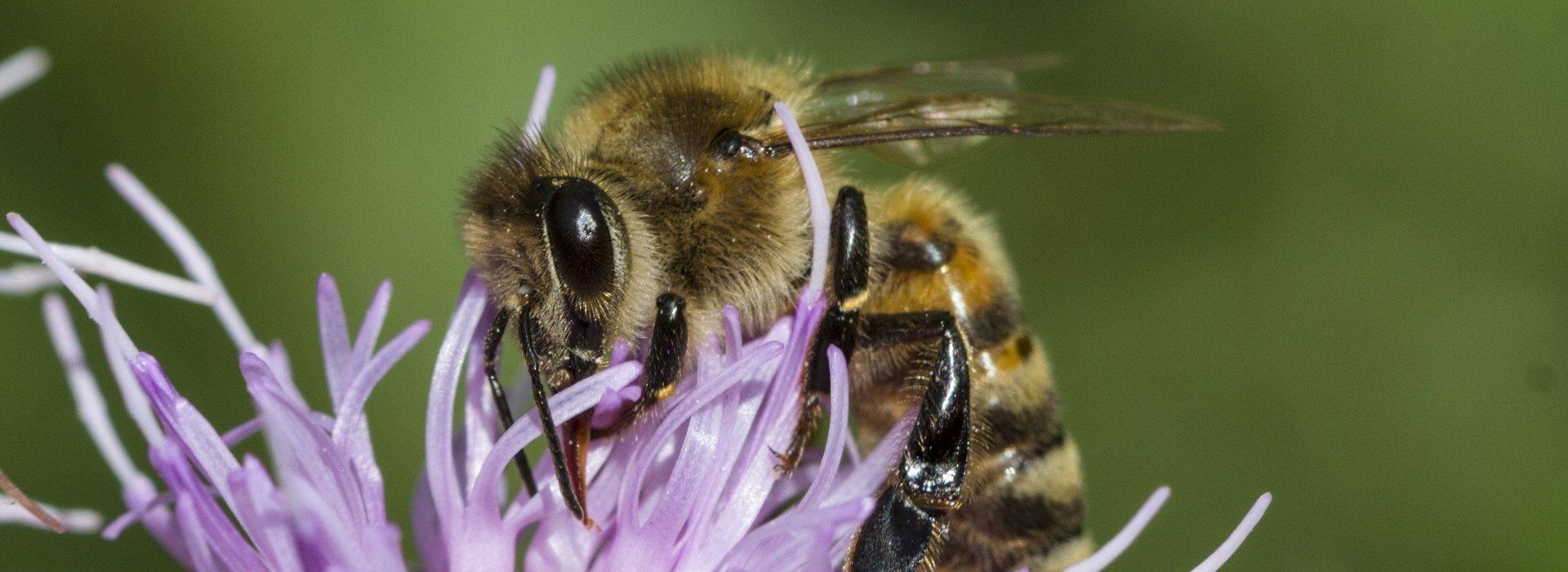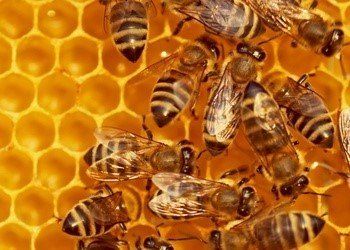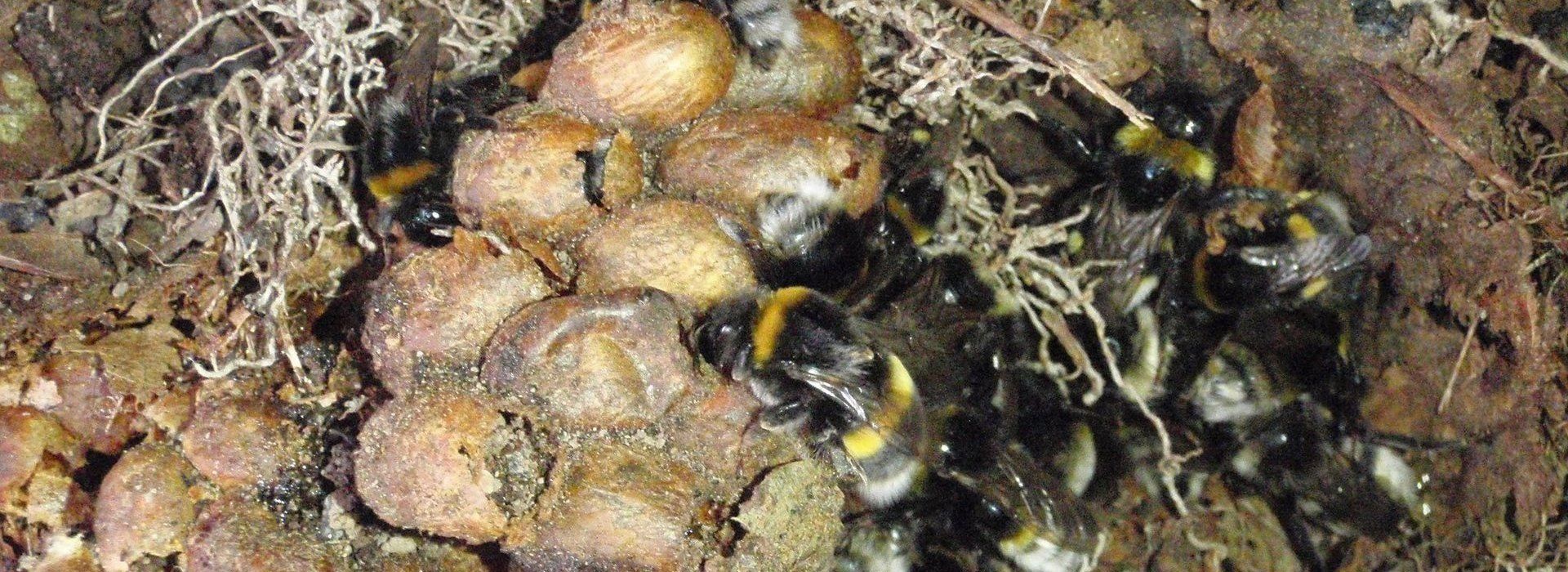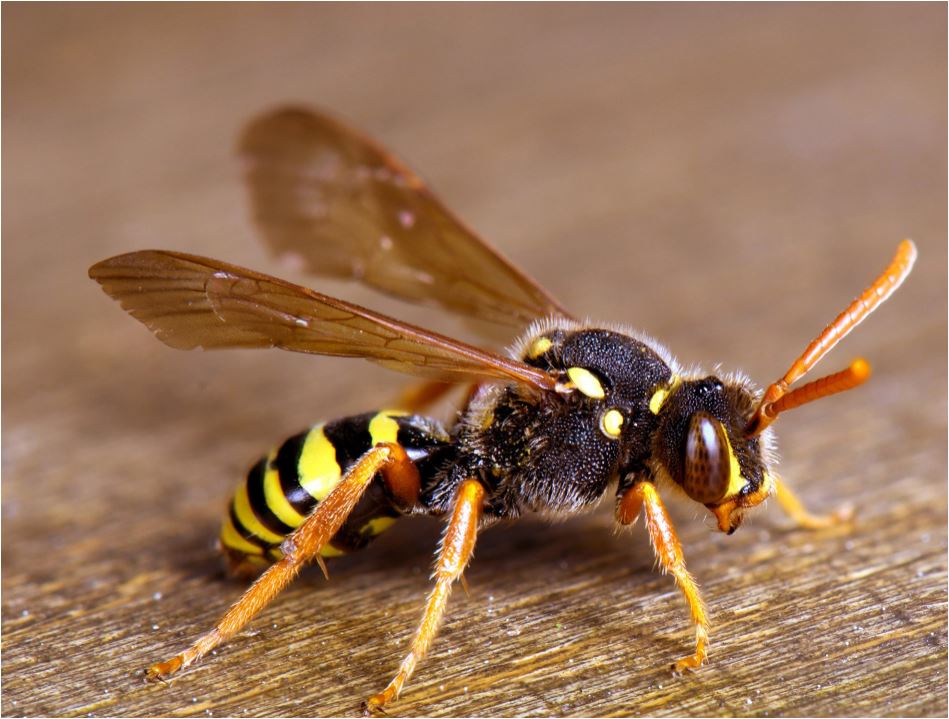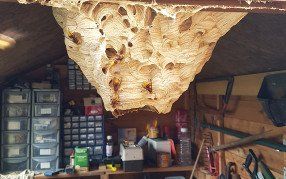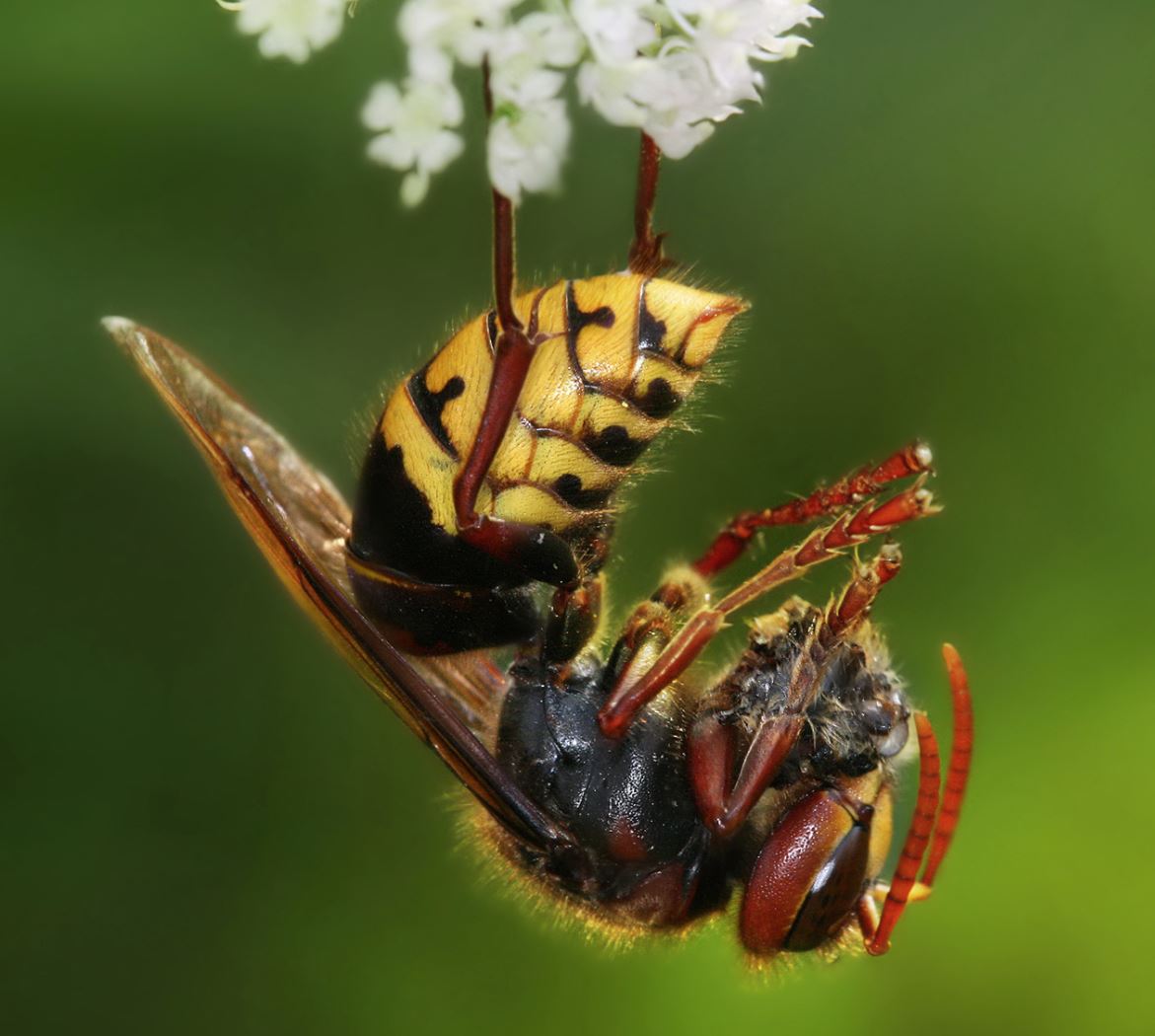How to Teach Your Children About Bees, Wasps and Hornets: Advice from a Bee Removal Specialist
In a time when children are spending less time outside and more time indoors, educating them about nature and all of the wonderful things that survive outside can help them connect with the natural world. Bees, wasps and hornets can be scary for children so it’s important to explain more about them for better understanding.
As spring emerges and we head towards summer, this is a great time to start teaching. Beehive removal and hornet pest control are also common at this time, so provides the perfect opportunity to get your kids educated on these creatures.
As bee removal specialists, we understand that bees, wasps and hornet can seem scary but that’s not always the case. We’ve put together this mini guide to help you teach your children all about them including how to stay safe. Read on for all you need to know.
Important things your children should know about
When it comes to wildlife there is so much to learn and discover. Children of all ages can benefit from outdoor learning, not only as a means of expanding their knowledge but being outside is amazon for their mental and physical health too. Learning about the world around is a great way of getting your child more involved in outdoor activities, creating an appreciation for nature and staying safe all year round.
Here are some of the top areas that you should teach your child:
How to distinguish between bees, wasps and hornets
You may think that all bees look and behave the same but that’s far from the truth. In fact, there are more than 20,000 species of bees worldwide and around 270 species in Britain. Furthermore, there are clear differences between bees, wasps and hornets.
Wasps
●Wasps are carnivores but do not see humans as prey.
●Wasp nests can be identified by their ‘papery’ look.
●Only female wasps can sting.
●Wasps have black and yellow rings across their body.
Hornets
●Hornets are a type of wasp, however, they differ in appearance as they have brown, red and yellow markings.
●Hornets are usually the most aggressive of the three when their nest is disturbed.
Bees
●Bees can be identified by their ‘fuzzy’ appearance.
●Bees have black and yellow stripes across their body.
●Beehives can be spotted due to the distinct hexagon-shaped cells.
Outdoor safety is essential so you must teach your children about the dangers of bees, wasps and hornets without scaring them. Like most creatures, these animals will normally only attack if they feel in danger such as their hive or nest being disturbed. Nevertheless, safety should always be a priority.
Here are some top safety tips that you can teach your kids:
● Don’t play with hives and nests - When children spot a nest or hive it can be tempting to play with it or disrupt it, but this can often lead to being stung. Explain to your children why it is important to stay away from hives, not only for their safety but for the safety of the insect.
● Be mindful of wooded areas - Sometimes nests are built in hidden places as a way of protecting the colony or swarm, however, this can also make them harder to spot. Children should be extra careful when playing in busy areas as its easy to accidentally kick or bump into a nest without knowing.
● Keep your shoes on when playing outside - One of the greatest joys of being outside is letting your feet touch the grass, however, keeping their shoes on will ensure that they do not step on a stinging insect.
If you’ve noticed hive or nest in your garden, it could be time to call hornet pest control. At Mr Wasp, we specialise in pest control throughout South Wales, so if you need help making your home safe again, we’re the right people for you. Contact us today and find out more about our services.
There is a chance that your child could get stung, especially in the summer when bees and wasps are more active. Although the worst of the pain should subside within a few hours, if your child has an allergic reaction then the injury needs to be dealt with quickly. If a child is stung they need to:
●Inform an adult quickly.
●Older children may be able to remove the stinger themselves.
●Rinse the area with soap and water then apply an ice pack or wet flannel to ease the swelling.
Adults can then give the child an antihistamine or painkiller if needed. Children should also be encouraged to let an adult know if they are experiencing worsening symptoms such as nausea, weakness or trouble breathing as these could be signs of anaphylactic shock.
What activities teach kids about bees?
So, now you know a little more about child safety when it comes to bees, wasps and hornets, it’s time for the fun stuff! To get your child excited and interested in learning about wildlife you need to make it engaging and be creative.
Here are some top activities you can try:
Creating a bee-friendly garden
If you want to attract bees to your garden then you need to get planting. Adding a mix of flowers to your outdoor space will give them a reason to visit and this is a great way of getting your kids involved. Visit your local garden centre and let your children pick out some flowers or flower seeds as well as encouraging them to help with planting. In the spring and summer, your garden will be thriving and your children can observe all of the amazing wildlife.
Visual aids such as books will help children understanding exactly what’s being taught with help from the visual aids. Why not purchase a selection of nature books? Stories and educational books is a fun way of getting your child interested especially for younger kids.
To see bees in action, visiting a bee farm will allow your kids to see exactly how bees work. Check out your local bee farm where children can take part in beekeeping as learn from the experts!
Mr Wasp: Pest Control Services Across South Wales
At Mr Wasp , we recognise that sometimes bees, wasps and hornets can jeopardise the safety of your home or business. If you’re been searching for ‘hornet exterminator near me’ look no further than us. Operating throughout South Wales including Cardiff, Chepstow, Newport and Pontypool, we offer effective solutions to your infestations.
No two situations are the same but our professional team is on hand to get your problem sorted as quickly as possible. Our 35 years of experience makes us the best people for the job! From small hives to severe infestations, our human and practical bee hive removal methods aim to keep you and the colony safe - we attempt to relocate hives to a more suitable location if appropriate.
For hornet pest control, bee removal and more, let Mr Wasp take care of your infestation. Our 24/7 call-outs will keep you protected all year round. Get in touch with us today for more information.